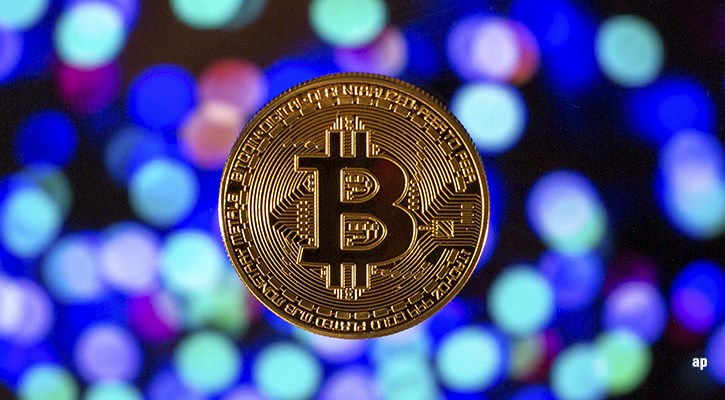
Should you take investment advice from social media? At the risk of making this week’s column very short: no.
Take inspiration, sure. Be encouraged and motivated to invest by people on social media. But don’t take advice from them.
Why not? Well, first and foremost, it’s not a regulated forum for advice. There’s a reason IFAs have to pass a load of exams and carry out Continuing Professional Development every year, and it’s not to maintain their follower numbers on the ‘Gram. A financial adviser doesn’t have to be an bloke in a rubbish suit, but they probably aren’t a teenager with a hunch about Tesla.
Secondly, there’s a reason people are doling out stock tips on social media. And I’m sorry to shatter your illusions, but it’s not because they’re just really nice, helpful human beings. More likely it’s because they already own the stock and can pump up the price if their thousands of followers then hit the buy button, making themselves a tidy profit.
Am I being too cynical? Perhaps. The investment world is in dire need of modernisation. Fund companies and pension providers can’t expect the next generations to find out about them through an ad in the local newspaper, because that’s not where young people do their research and get their information from. Social media is where Millennials and Gen Z socialise, get book and recipe and fashion recommendations, where they keep up with the news and where they find job adverts. It stands to reason that this is where they will turn for investment advice too.
What we need to ensure is that when they look for advice, they find something that’s worth listening to.
Bitcoin vs Gold
Is Bitcoin the new gold? That’s one of the most common arguments made about the digital currency, and many of its peers. The argument is it’s a scarce asset, which is a safe store of value, with a price that’s not correlated to the movements of the stock market.
But, as our analysis this week found, there are still many fundamental differences between the two. You can’t store Bitcoin under your mattress for safe-keeping, and it’s going to pretty difficult to spend in the apocalypse – heck, it’s pretty difficult to spend in the real world now. And far from being a safe store of value, crypto surely has to be one of the most volatile assets in the market.
But Bitcoin doesn't need to be the new gold. Just because it's a coin (albeit) a digital one, we don't have shoehorn it into a particular definition. Crypto has it's place in the world, and it certainly has a place in the portfolio of an army of dedicated fans, but I'm not sure we've worked out what role it plays for the average investor yet.
Retailers: Go Easy on the Price Hikes
Inflation is a hot topic among investors at the moment, and I’m certainly starting to notice it in my own life. Perhaps it’s because I’m finally leaving the house to resume normal activities more frequently – but coffee shops seem to have added an extra 30p to the price of an Americano, it’s more expensive than ever to fill up the petrol tank, and don’t even get me started on train tickets.
Rather than everyday price inflation though, I can’t help thinking this is businesses frantically trying to recoup lost sales from last year. That’s understandable of course, but I’m not sure hitting your customers in the pocket is the best way to go about it – and it could end up backfiring. Because we’ve realised we can make our own coffee and that beer tastes almost as good sitting in your own garden than a beer garden – and there’s a difference between inflation and overcharging.





























